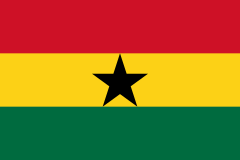
Visa and entry requirements Ghana:
Passport required
German citizens are subject to a visa requirement; for all residence purposes Embassy of the Republic of Ghana in Berlin responsible.
Visa costs: 110 euros
Information from the Foreign Office about your trip to Ghana:
https://www.auswaertiges-amt.de/de/ghanasicherheit/203372
Ghana is a country on the Atlantic in West Africa with around 29 million inhabitants. The country borders the Ivory Coast to the west, Burkina Faso to the north, Togo to the east and the Gulf of Guinea to the south. The official language is English and the national currency is the Ghanaian Cedi, where 1 euro is equivalent to around 55 GHC.
Ghana's land area is mostly flat and consists mainly of tropical rainforest as well as wet, grassy and coastal savannas. The highest point in the country is Mount Afadjato at 885 meters. The climate is tropical throughout, with only a change between the rainy and dry seasons. The largest inland lake in the country and the largest artificial body of water in the world by surface area is the Volta Reservoir. Ghana's wildlife is very diverse, such as parrots, antelopes, leopards, elephants, hippos, buffaloes, warthogs, chimpanzees, colobus monkeys, baboons, iguanas, monitor lizards, crocodiles, snakes, lizards and eagles. Off the country's coast in the Atlantic are some of the world's richest fisheries, including lobsters, lobsters, tunas, mussels, snails, crabs, barracudas and sharks.
Ghana is very important for the global economy due to its wealth of raw materials. The country's most important export is gold, which gave the country the name "Gold Coast". The state earns around 37% of export revenue from gold mining. Other mineral resources include crude oil, natural gas, diamonds, bauxite, manganese and limestone. Additional important agricultural export goods include cocoa, sugar cane, coffee, tea and rubber. After Ivory Coast, Ghana is the second largest producer of cocoa, employing one million cocoa farmers and three million harvesters. The country is the third largest supplier of hardwood and other wood products in Africa, including 23 species of precious wood such as mahogany.
Tourism is becoming increasingly important as Ghana's economic future. The tourist attractions are the beaches on the Atlantic coast, wildlife reserves and natural parks.
The largest cities in Ghana include Accra, Kumasi, Tamale, Tema, Takoradi, Ashaiman, Teshie, Cape Coast, Sekondi and Obuasi.
The capital and largest city of Ghana is Accra with around 2.6 million inhabitants. Accra is the administrative, economic and cultural center of the country. The city's most important sights include the Makola Market, the Independence Arch, the Black Star Gate as Accra's landmark, the National Museum, the Memorial Park, the James Town Lighthouse, the Cathedral Church of the Most Holy Trinity, the Osu Castle , Independence Square, Accra Central Mosque, Presbyterian Church, Supreme Court, Slave Museum, Bojo Beach, Dr. Kwame Mausoleum and the Botanical Garden.
In July 2016 I traveled to Ghana as part of my West Africa trip from Gambia. The city of Accra is very modern, which shows some of Ghana's prosperity, but is otherwise a typical African city. The people there are very friendly and helpful and you can immediately tell they have a higher level of education than almost all African countries. After a day's stay, I continued on to Freetown in Sierra Leone in the evening.

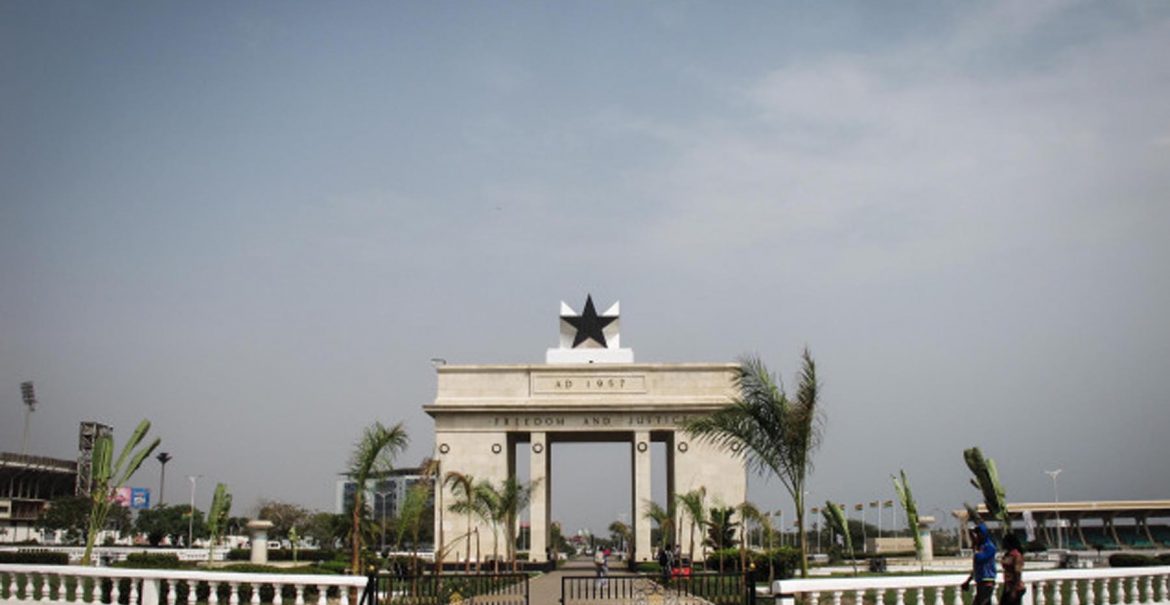
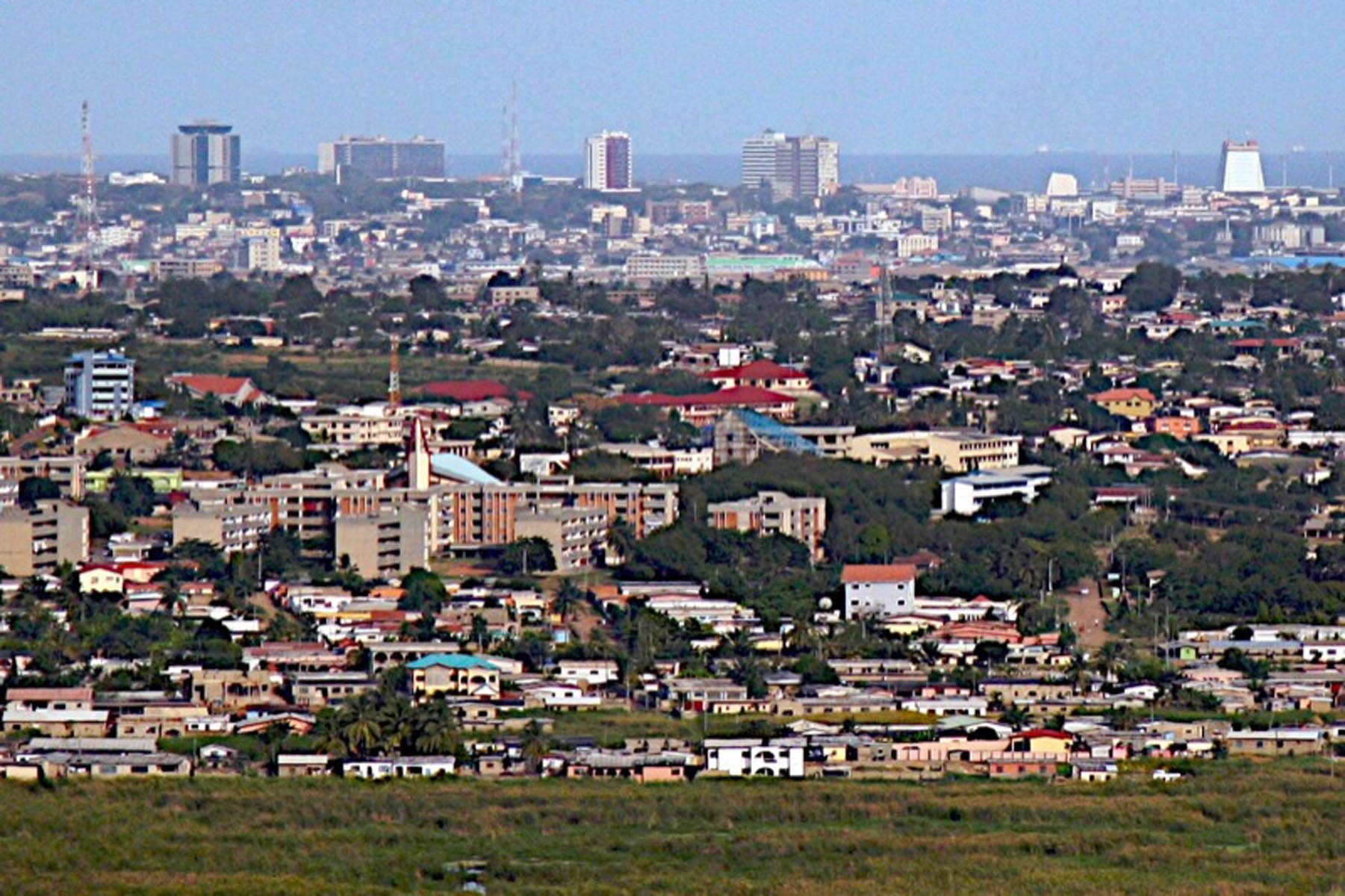
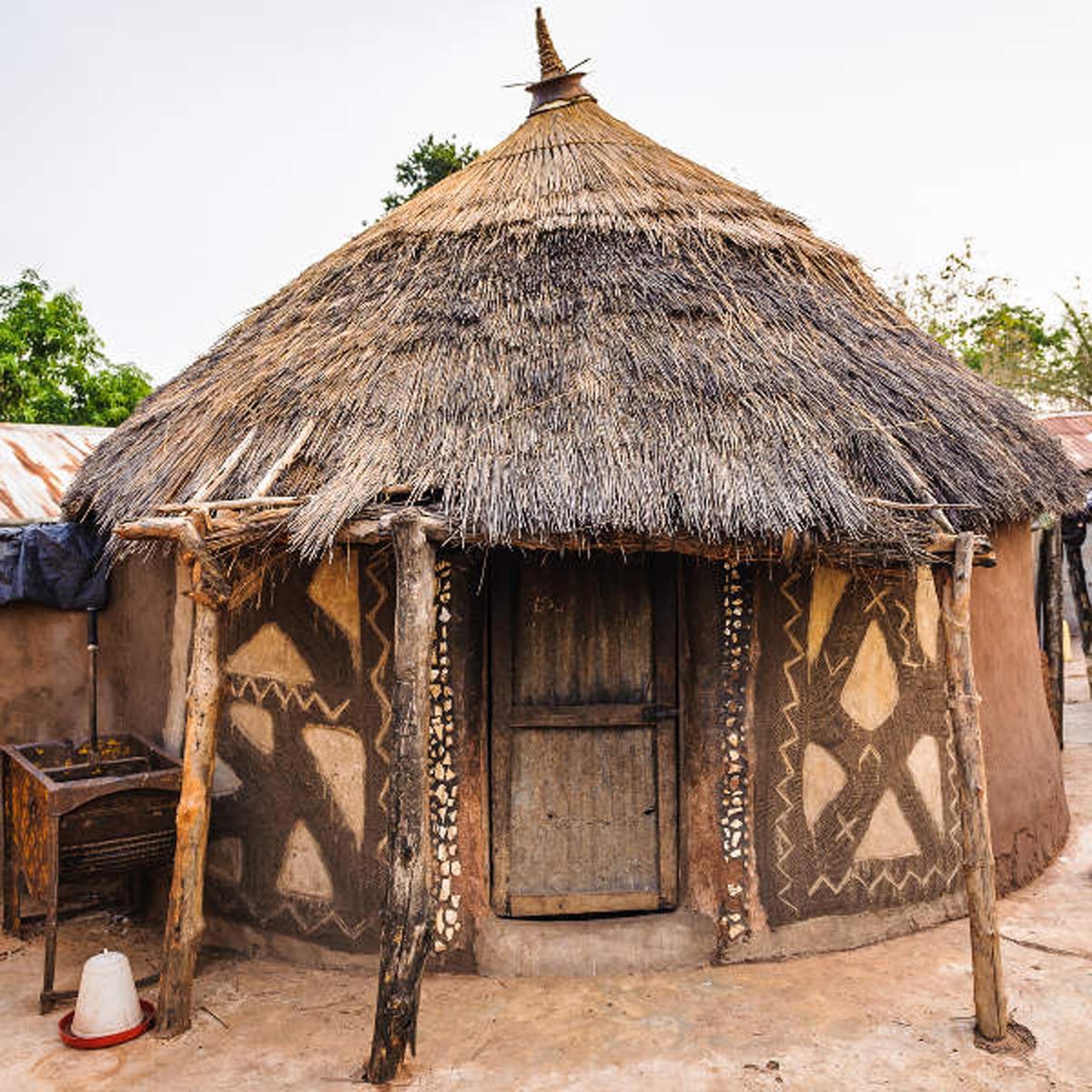
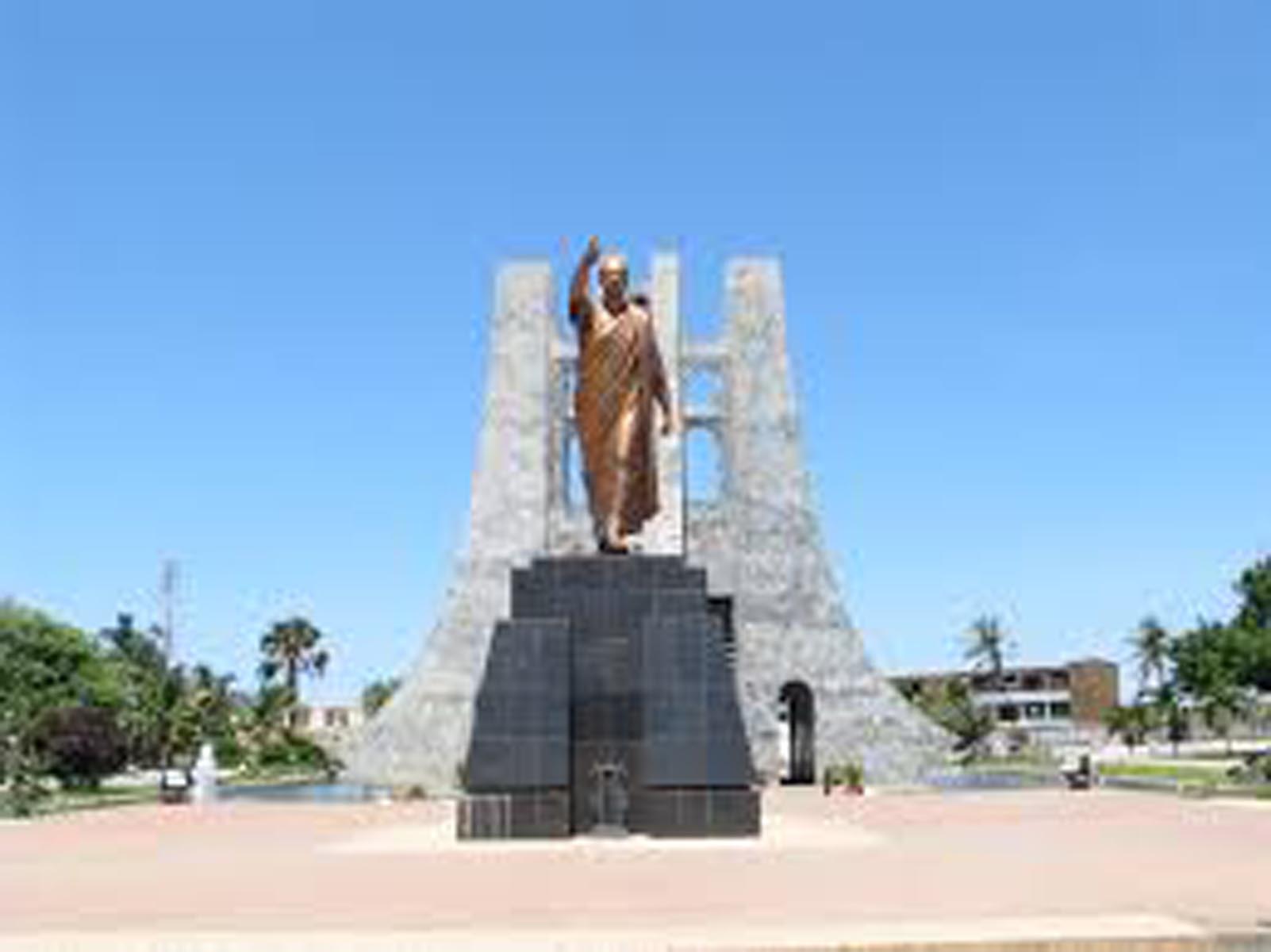
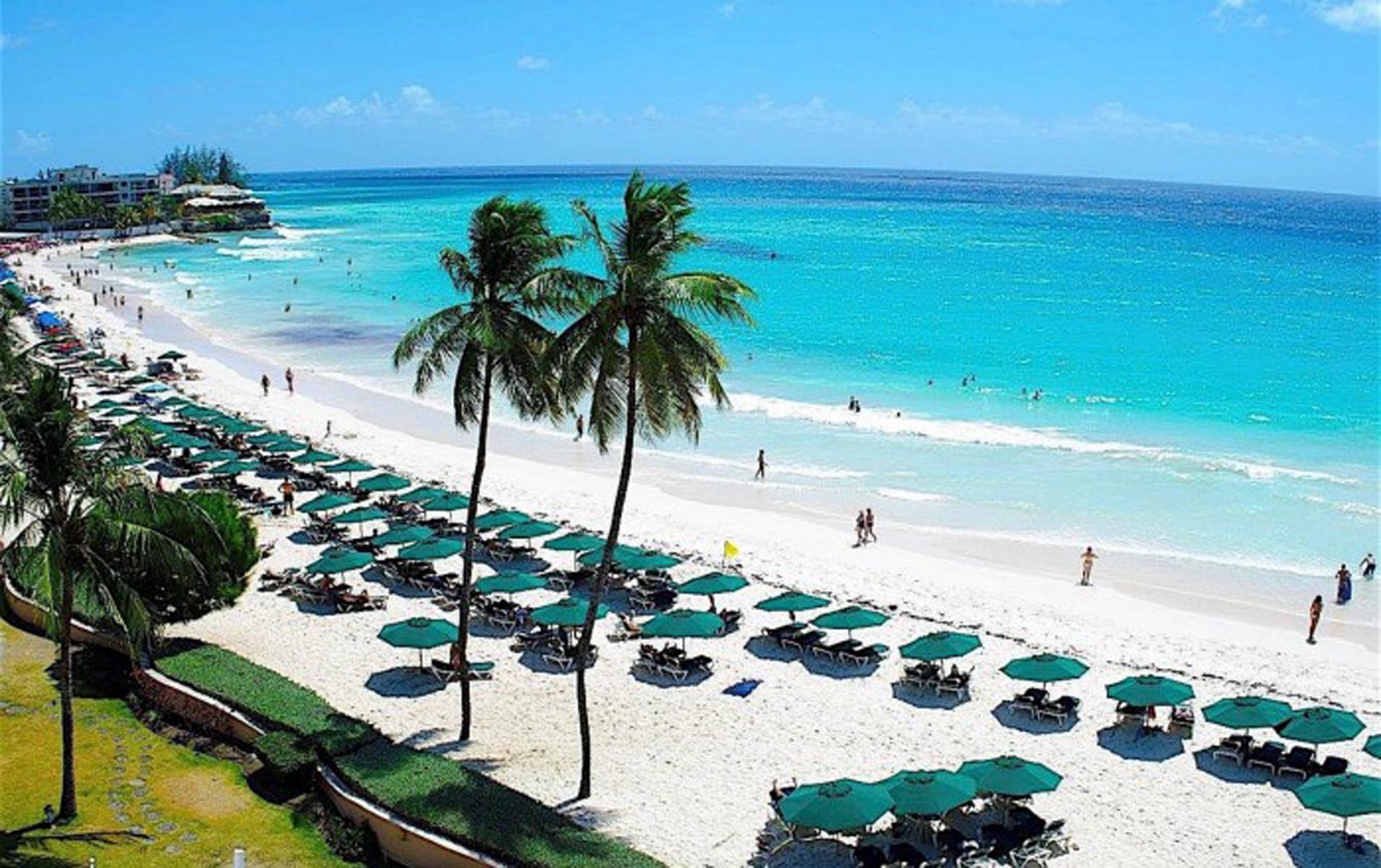
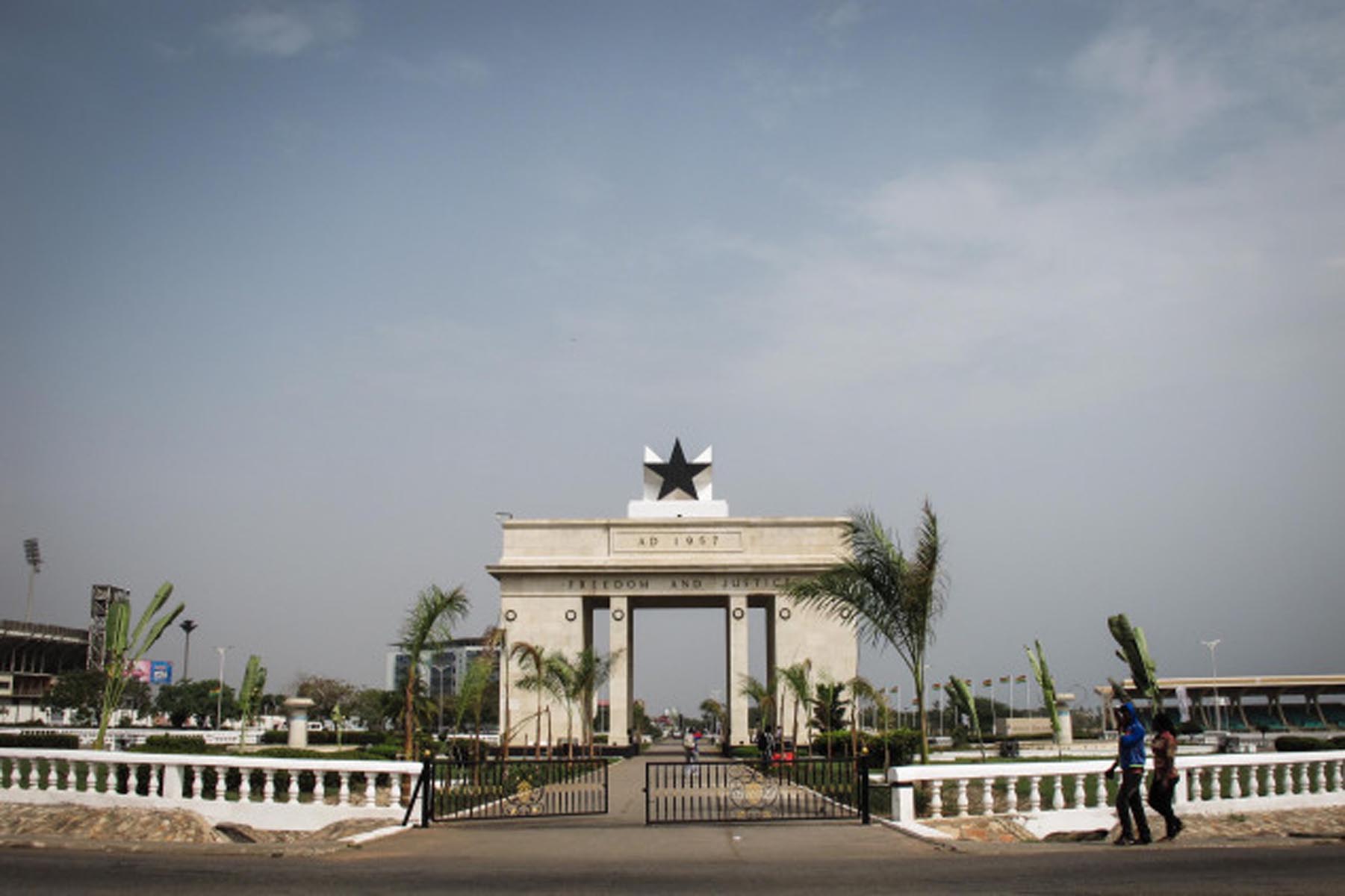
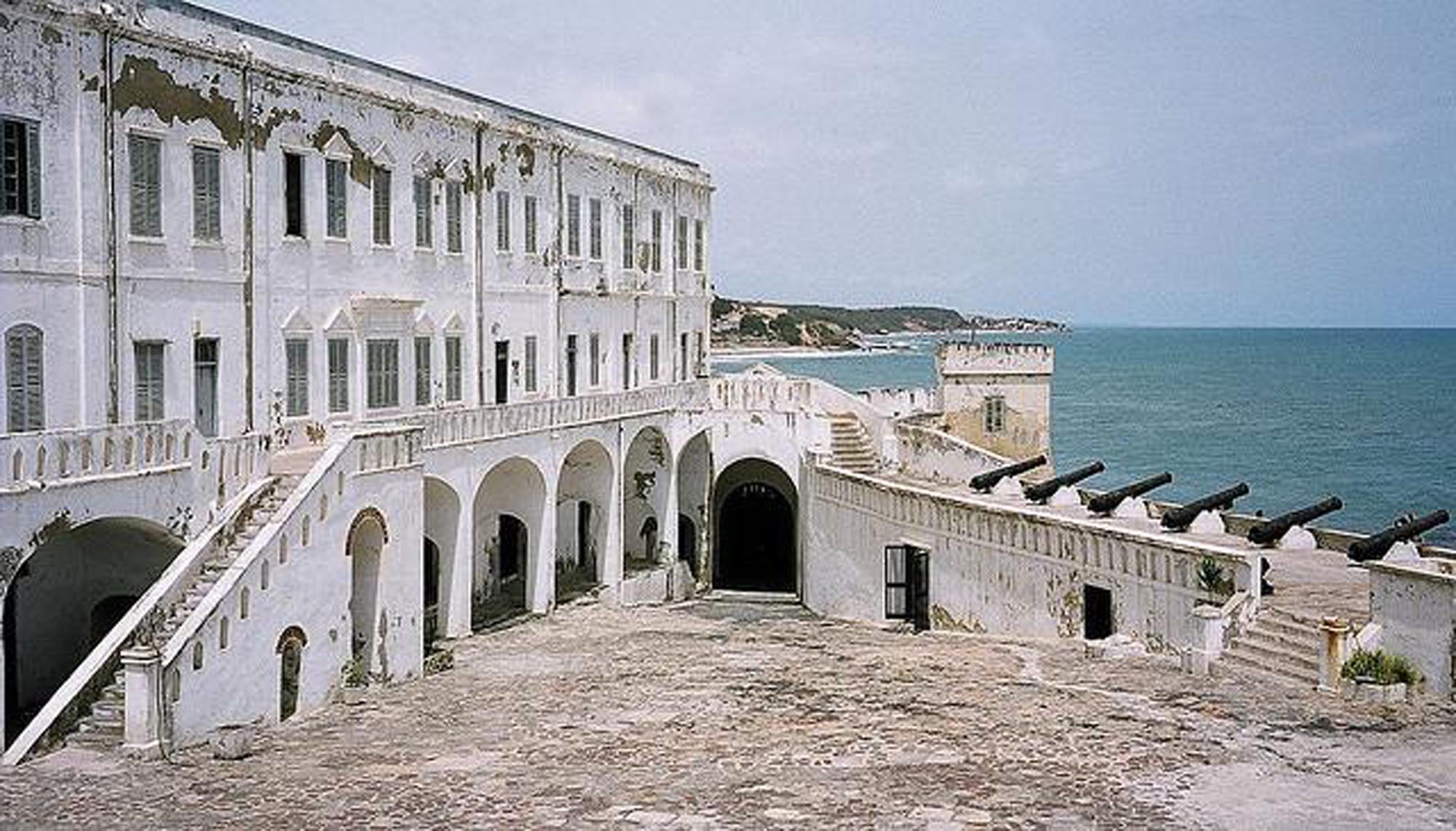
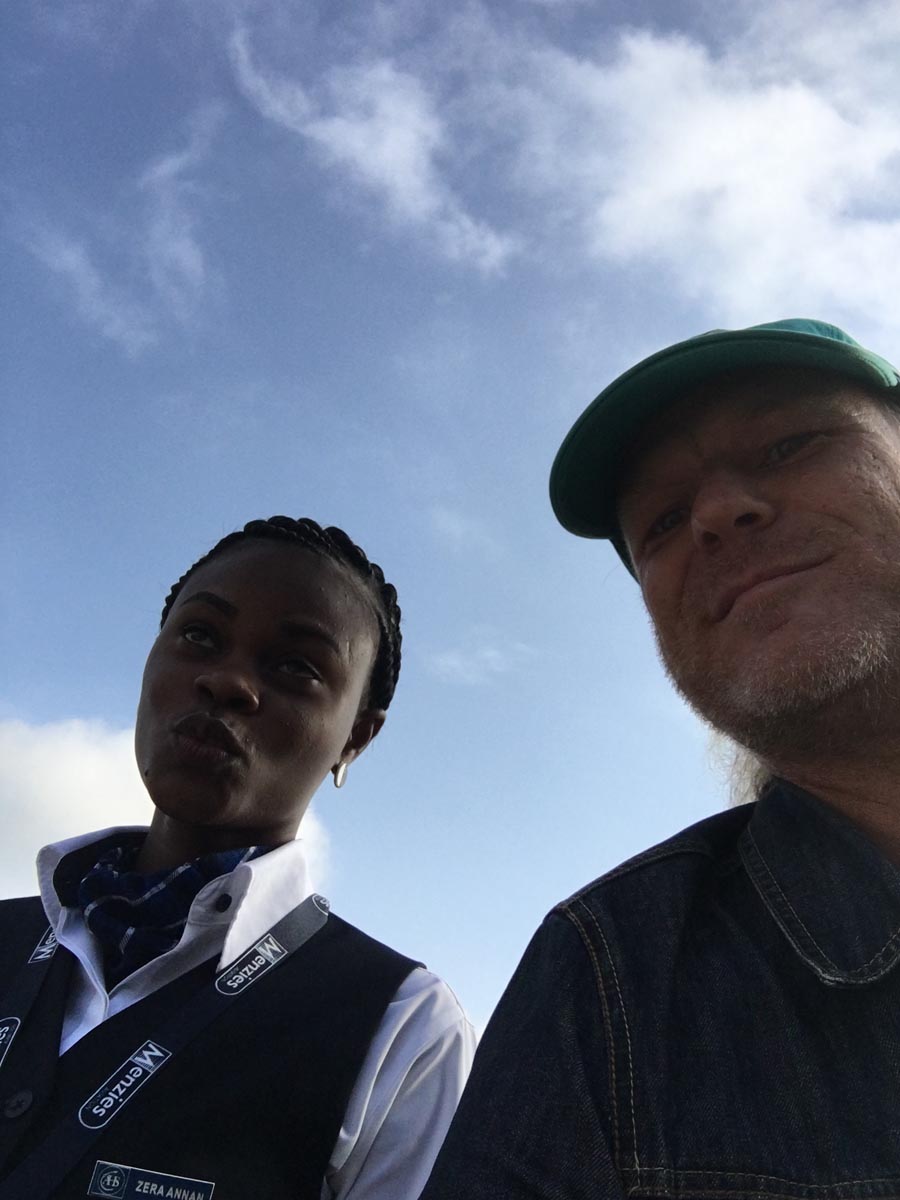
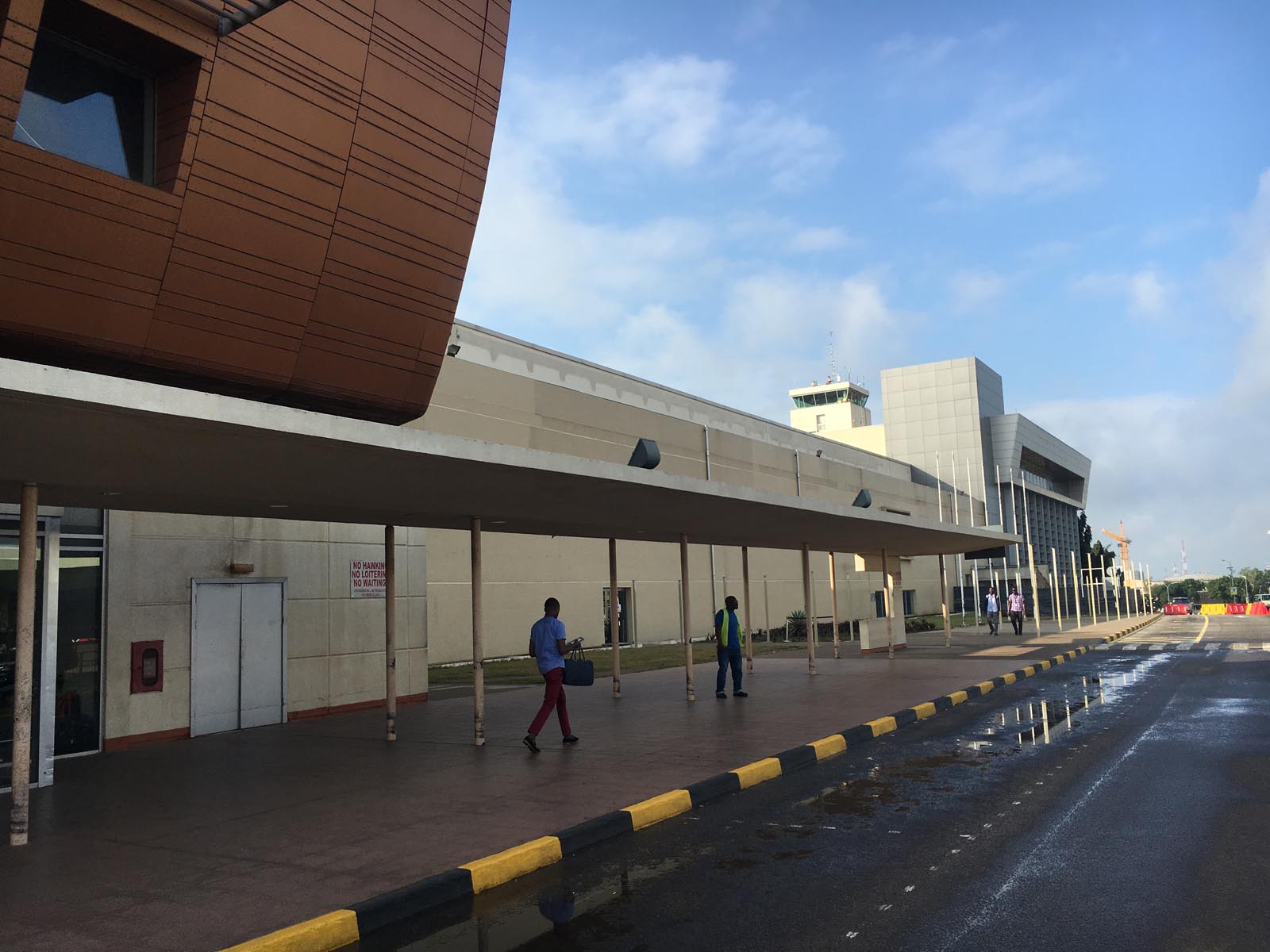
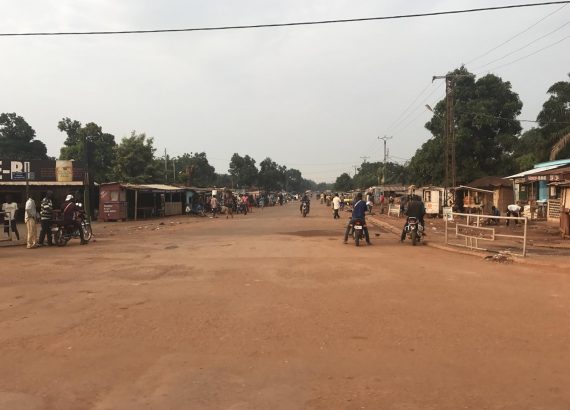
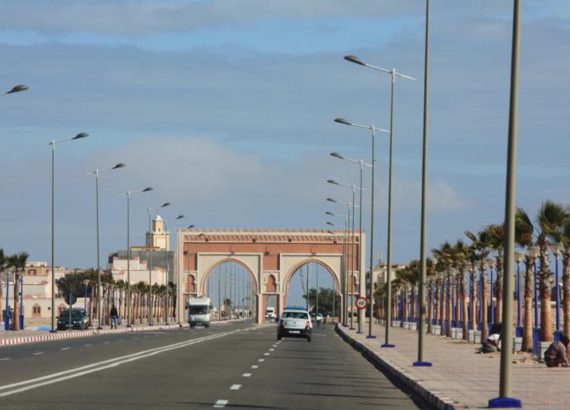
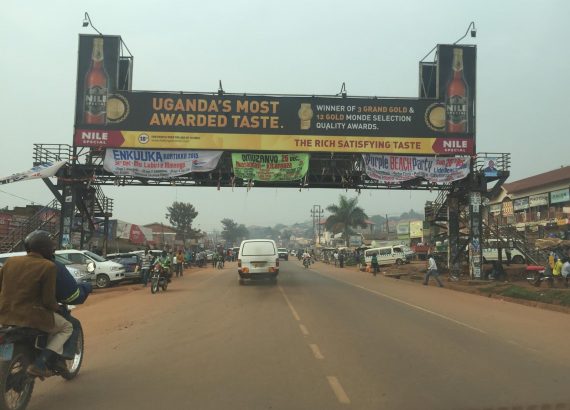
No Comments